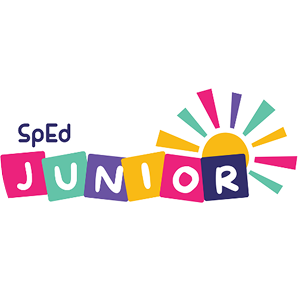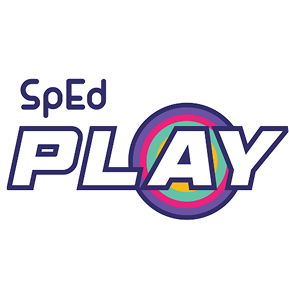Early childhood is a crucial period for cognitive, emotional, and physical development. Identifying delays or challenges early on can make a significant difference in a child’s long-term success. Early intervention provides targeted support for children under six who show signs of developmental delays. But how can parents and educators recognize when a child might benefit from it?
1. Delayed Speech or Language Skills: If a child isn’t babbling by 12 months, saying words by 18 months, or forming simple sentences by age 2-3, this may indicate a language delay.
2. Difficulty with Social Interaction: Avoiding eye contact, not responding to names, or showing limited interest in interacting with peers or adults can signal social developmental concerns.
3. Motor Delays: Struggles with sitting, crawling, walking, or fine motor tasks like holding a spoon or crayon could suggest physical development issues.
4. Sensory Sensitivities: Extreme reactions to sounds, textures, lights, or being touched may point to sensory processing difficulties that impact learning and behavior.
5. Repetitive Behaviors or Regression: Constant hand-flapping, spinning, or losing skills they once had (like language or toileting) should prompt a developmental evaluation.
Trusting your instincts is key. If you suspect something isn’t quite right, don’t wait. Consult with a pediatrician or early childhood specialist. The earlier support begins, the more effective it can be. Early intervention is not about labeling—it’s about empowering a child to reach their full potential with the right tools and support.





